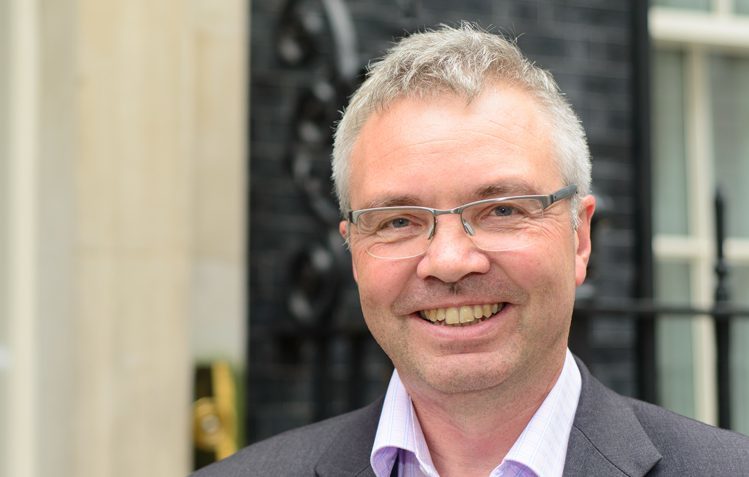
A leading charity has trained counsellors to spot the signs of children being radicalised by terrorists.
The NSPCC said it had received a number of calls from adults concerned about extremism, and its advisers have now been primed to spot the warning signs if a youngster is at risk.
Chief executive Peter Wanless said: “The fact that a young person might hold extreme or radical views is not a safeguarding issue in itself. But when young people are groomed for extremist purposes and encouraged to commit acts that could hurt themselves or others, then it becomes abuse.
“That’s why we’ve trained our counsellors to cope with this fresh danger to young people.”
The charity said its free, 24-hour service is the first national support for parents who either fear their children are being radicalised, or are worried about the impact of international terrorist atrocities.
Warning signs include the youngster isolating themselves, talking as if from a script, having outbursts of anger, being disrespectful and asking inappropriate questions.
Mr Wanless added: “We have seen a wave of terrorist attacks in recent weeks and months and both parents and children tell us how frightened they are by what is happening. So it is vital that we are here for parents when they need our support and are able to provide them with non-judgmental advice on issues ranging from the wider terrorist threat to the dangers of radicalisation.”
Children who may be targeted can have low self-esteem, are members of gangs, or may be victims of bullying or discrimination, the NSPCC said, and extremists may use similar tactics to paedophiles who groom children.
In May, chief of schools watchdog Ofsted Sir Michael Wilshaw warned that thousands of children in unregistered schools could be at risk of indoctrination.
He said in an advice note to the Education Secretary: “I know we both share a determination to take swift and decisive action against those who are operating illegal schools and thereby putting children at risk of harm, including the risk of exposure to extremism and radicalisation.”
Inspectors have identified 100 suspected unregistered schools across the country since a new investigatory team was set up in January, and Sir Michael said “many more children” than previously thought were hidden from authorities in unregistered schools.
The helpline number is 0808 800 5000.
READ MORE
NSPCC warns parents that children left home alone face higher risk of injury
New counter-terrorism strategy ‘could make fight even harder’, MPs warn

Enjoy the convenience of having The Sunday Post delivered as a digital ePaper straight to your smartphone, tablet or computer.
Subscribe for only £5.49 a month and enjoy all the benefits of the printed paper as a digital replica.
Subscribe